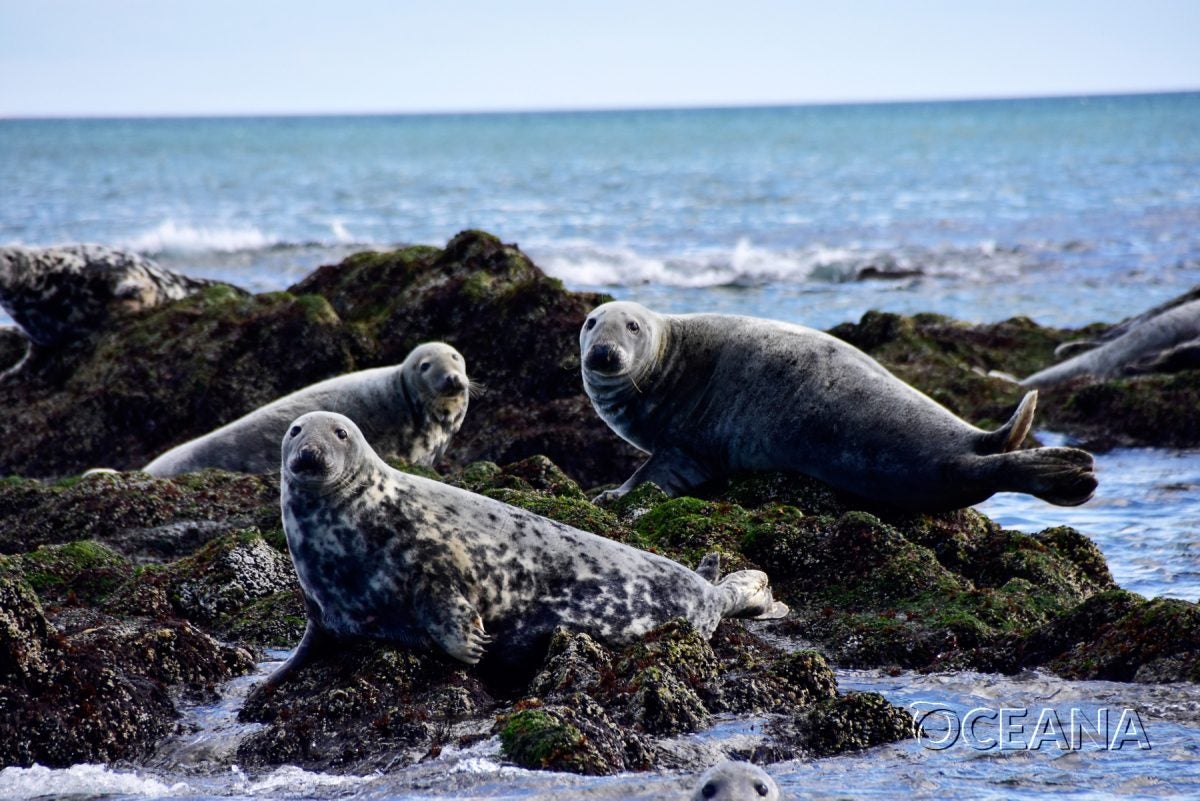Overview
Protecting Marine Habitats

Marine protected areas (MPAs) are the most straightforward way to preserve biodiversity because each increases the endurance of the marine environment from the effects of harmful human activities and climate change.
Oceana works towards a network of diverse and connected sites. Thanks to our expeditions—where we not only research shallow waters, but also deep-sea waters, which are also home to vulnerable sea life—we are able to obtain valuable data that serves as the basis of our conservation proposals.
Sustainable Fishing
Sustainable fishing has a huge potential to improve the balance of marine ecosystems and the profitability of the fishing industry.
Oceana research shows that UK catches could dramatically increase in just a few years’ time, and provide more food, more jobs and more money if sustainable fishing practices are put in place. The recipe for achieving this is simple: We can rebuild fish stocks by setting catch limits according to scientific advice, protect areas where fish breed and grow and end destructive fishing techniques.
Fisheries are in the spotlight following Brexit negotiations and the decision-makers should seize the opportunity to ensure a sustainable, brilliant future for marine resources.
Policy Work
Oceana opened its London office in the summer of 2018 to strengthen its research and policy work in the country.
Our primary conservation goals in the UK are to establish a network of coherent and well-managed marine protected areas (MPAs) in its waters and to stop overfishing by working alongside policymakers and stakeholders to promote the benefits of sustainable fishing and to restore dwindling fish populations.
We are not only fact-based, but we also generate our own data thanks to our committed team of scientists. Oceana has been organising at-sea expeditions in Europe every year since 2005, garnering first-hand information with professional divers and a remotely operated vehicle (ROV). In fact, many of Oceana campaigners are also authors of scientific papers and our conservation proposals are based on an in-depth review of data in addition to our own findings.
At-Sea Expeditions
At-sea work is at the heart of Oceana: With the support of divers and a Remotely Operated Robot (ROV), we research the oceans to obtain breathtaking videos and photos as well as the much-needed data to better protect the marine environment.
Our expeditions within British waters of the North Sea have allowed Oceana scientists to locate and explore environments that deserve protection. We have also been able to research a variety of fish of that is of commercial interest alongside studying other marine life. Part of this exploration has been done in collaboration with scientists from other organizations, and our findings are shared with universities, politicians and other stakeholders.

